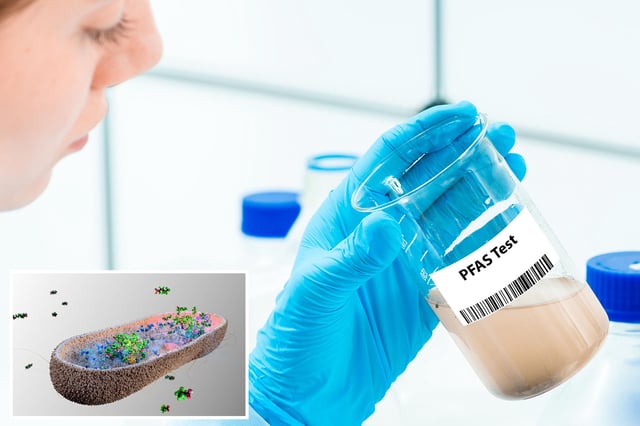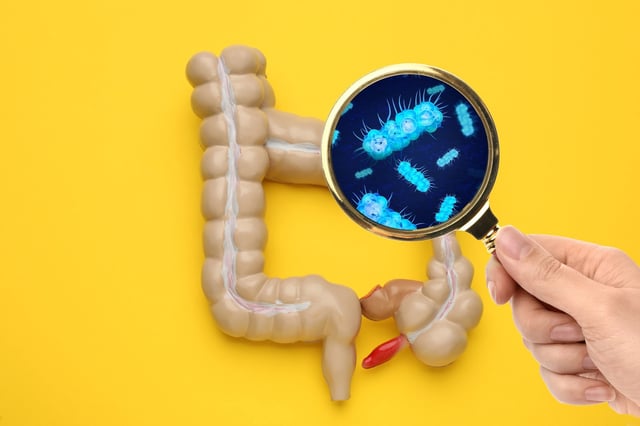Overview
- Researchers tested 38 gut bacterial strains and found many could bioaccumulate PFAS—including PFOA and PFNA—across a wide concentration range.
- Mice colonized with these microbes rapidly sequestered ingested PFAS in bacterial cells, leading to excretion via feces and reduced systemic exposure.
- The team has yet to unravel the cellular pathway by which bacteria take up PFAS, leaving key mechanistic questions for future study.
- Leveraging these findings, study authors founded Cambiotics to develop precision probiotic supplements targeting PFAS removal, with a first product expected in 2026.
- Pending human trials, the researchers recommend reducing PFAS exposure by avoiding PFAS-coated cookware and using certified water filters.


